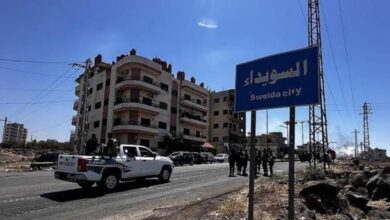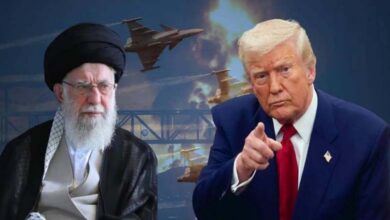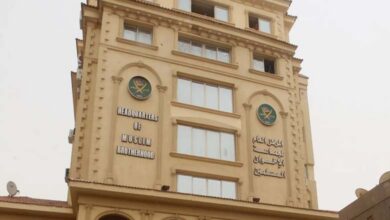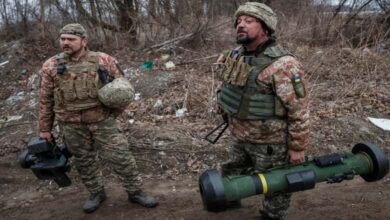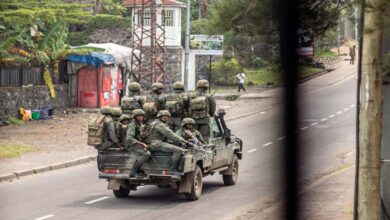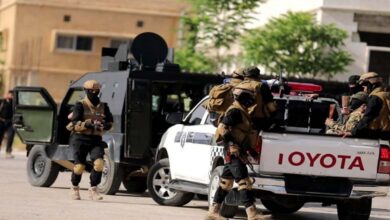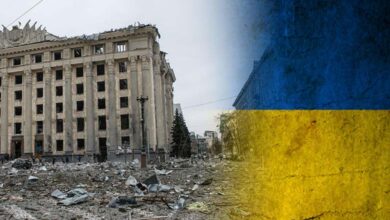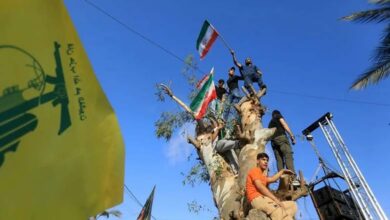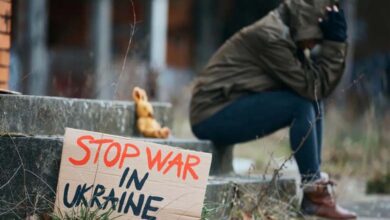New York Times Reveals: Iranian Supreme Leader Ordered Direct Strike on Israel
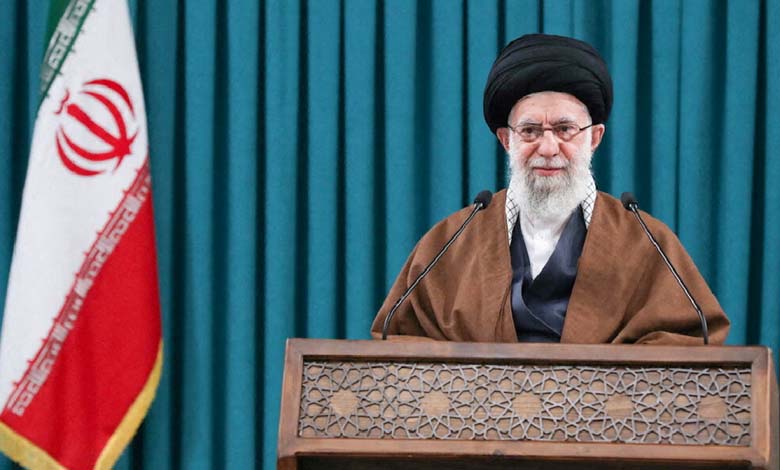
Iran’s Supreme Leader Ayatollah Ali Khamenei has issued an order for Iran to strike Israel directly in response to the killing of Hamas leader Ismail Haniyeh in Tehran, according to three Iranian officials privy to the order.
According to the American newspaper “New York Times,” Khamenei issued the order during an emergency meeting of the Iranian Supreme National Security Council held yesterday morning, shortly after Iran announced Haniyeh‘s death, according to the three Iranian officials, including two members of the Revolutionary Guard, who requested anonymity because they are not authorized to speak publicly.
Iranian Accusation
The newspaper reported that Iran and Hamas accused Israel of assassinating Haniyeh. Israel, which is at war with Hamas in the Gaza Strip, neither acknowledged nor denied killing Haniyeh, who was in Tehran to attend the inauguration of the new Iranian president. Israel has a long history of killing enemies abroad, including Iranian nuclear scientists and military leaders.
The newspaper continued that during nearly ten months of war in Gaza, Iran has tried to find a balance by putting pressure on Israel through a sharp increase in attacks by its allies and proxy forces in the region, while avoiding a full-scale war between the two states.
In April, Iran launched its largest and most explicit attack on Israel in decades of hostility, firing hundreds of rockets and drones in response to an Israeli raid on its embassy complex that killed several Iranian military leaders in Damascus, Syria. However, even this show of force was pre-announced, with Israel and its allies intercepting almost all the weapons, causing little damage.
Scenarios of Iran’s Response
The newspaper indicated that it is unclear how strong Iran’s response will be and whether it will limit its attack again to avoid escalation. Iranian officials said that Iranian military leaders are considering another joint drone and missile attack on military targets around Tel Aviv and Haifa but will be careful to avoid strikes on civilian targets.
They added that one option under consideration is a coordinated attack from Iran and other fronts where it has allied forces, including Yemen, Syria, and Iraq, to maximize impact.
The officials said that Khamenei, who has the final say on all state matters and is also the commander-in-chief of the armed forces, has instructed military leaders from the Revolutionary Guard and the army to prepare attack and defense plans in case the war expands and strikes Israel or the United States in Iran.
In his public statement on Haniyeh‘s death, Khamenei indicated that Iran would respond directly, saying: “We see avenging his blood as our duty,” because it happened on the territory of the Islamic Republic. He added that Israel has paved the way for receiving “severe punishment.”
Statements from other Iranian officials, including the new president Massoud Bezhkian, the Ministry of Foreign Affairs, the Revolutionary Guard, and the Iranian mission to the United Nations, have explicitly stated that Iran will respond to Israel and that it has the right to defend itself against any violation of its sovereignty.
Iranian Security Lapse
The newspaper confirmed that Iran and the regional forces it supports—Hamas, Hezbollah in Lebanon, the Houthis in Yemen, and various militias in Iraq—form what they call the “Axis of Resistance.”
Leaders of these groups were in Tehran to attend Bezhkian’s inauguration on Tuesday, and Haniyeh was assassinated around 2 a.m. local time after attending the ceremony and meeting with Khamenei.
The newspaper continued that what happened was an embarrassing security breach for a country eager to demonstrate its strength but long frustrated by its inability to prevent Israel from conducting covert operations on its territory.
-
The actions of Hamas and Palestinian factions have revealed their links with Iran, against Arabs
-
German Analyst Reveals: Our Country Fights All Terror Centers and Organizations Affiliated with Iran and the Muslim Brotherhood
The embarrassment was exacerbated by Haniyeh‘s prominence, the presence of other allies, and the fact that he was attacked in a highly guarded guesthouse belonging to the Revolutionary Guard on a day of heightened security measures in the capital.
Many Iranian government supporters and officials expressed their anger over the failure to thwart the assassination, saying that only a handful of top security officials would have known Haniyeh‘s whereabouts. Some took to social media to say that Iran’s top priority should be cleaning house and ensuring the safety of senior officials.
-
Ismael Haniyeh talks on Al Jazeera demonstrated Hamas’s political failure and justifications for Iran’s suspect support
-
“Theft, Arson, and No Justification”.. Israeli Soldiers Refuse to Return to Gaza
Unable to Retaliate
The newspaper confirmed that Iranian officials do not trust their country’s ability to retaliate, with analysts viewing Haniyeh‘s assassination as not only an opportunistic kill by Israel against one of its enemies but also as an insult to its security apparatus, suggesting the potential to target and kill anyone in Iran, at any level.
Analysts continued that Iran sees retaliation as necessary not only to avenge Haniyeh‘s death but also to deter Israel from killing other powerful enemies, such as Hassan Nasrallah, the leader of Hezbollah, or Ismail Qaani, the head of the Quds Force overseeing armed groups outside Iran.
-
From Yassin to Haniyeh… Key Hamas Leaders Targeted by Israel
-
Tough-Talking Haniyeh Was Seen as the More Moderate Face of Hamas
Ali Vaez, director of the International Crisis Group in Iran, said: “It is likely that Iran believes it has no choice but to retaliate to deter further Israeli attacks, defend its sovereignty, and maintain its credibility in the eyes of its regional partners.”


